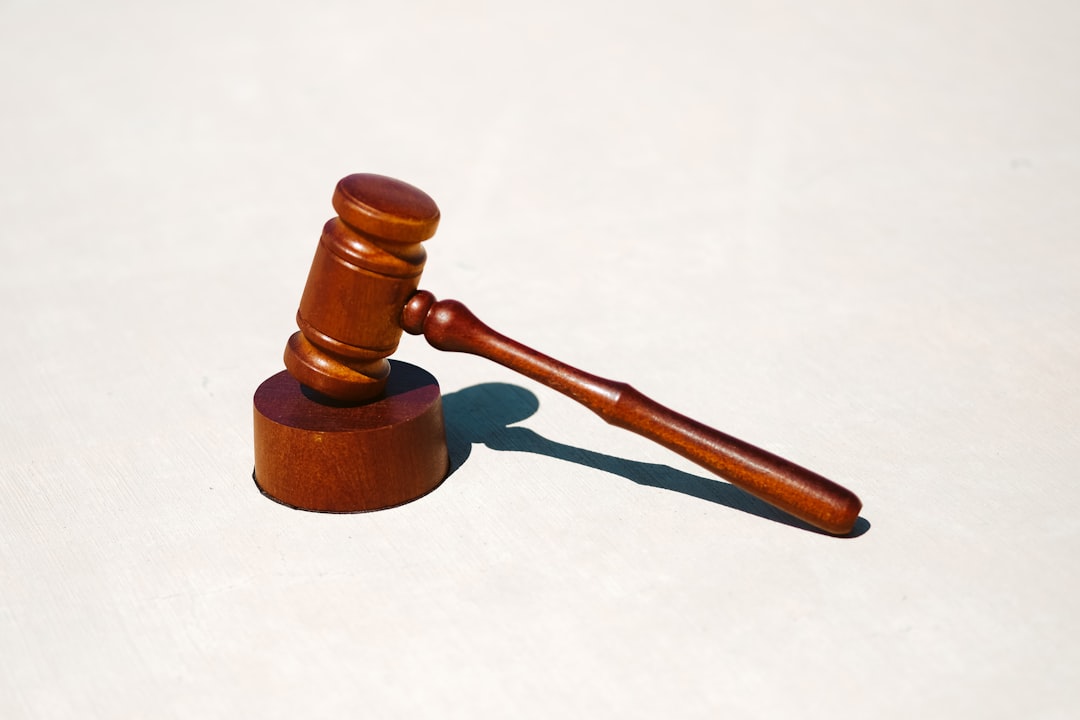In Louisiana, strict state laws regulate debt collection to balance recovery and debtor rights, with rules limiting call frequency, prohibiting early morning or late-night calls (unless agreed upon), and offering consumers significant protections. Both debtors and debt collectors must understand these regulations, especially in litigation where attorneys navigate these laws fairly. Consumers have specific rights, including identifying the collector and debt verification, and can seek legal advice from a debt collector Attorney in Louisiana to stop harassment, protect against illegal tactics, and assert their rights under the Fair Debt Collection Practices Act (FDCPA).
In Louisiana, debt collection phone call limits are governed by stringent state laws designed to protect consumers. Understanding these regulations is crucial for both debt collectors and borrowers alike. This article delves into Louisiana’s debt collection rules, explaining their impact on collectors’ practices while offering vital insights for borrowers on protecting their rights. With a focus on maintaining compliance, learn how a debt collector attorney in Louisiana can provide guidance navigating these complex laws.
Understanding Louisiana's Debt Collection Laws and Their Impact on Collectors

In Louisiana, debt collection practices are heavily regulated by state laws designed to protect consumers from aggressive or unfair tactics. Debt collectors in Louisiana must adhere to strict guidelines, including limitations on the frequency and timing of phone calls. These rules are crucial for maintaining a fair balance between ensuring debt recovery and preserving the rights of debtors.
Louisiana’s debt collection laws empower consumers with significant protections. For instance, they limit the number of phone calls a collector can make within a specific time frame, usually within a 24-hour period. Additionally, collectors cannot call before 8 am or after 9 pm, unless the debtor agrees otherwise. These regulations aim to prevent harassment and ensure that debt collectors respect individuals’ personal time and privacy. Understanding these laws is essential for both debt collectors and debtors, as they directly impact how debt collection processes are conducted by attorneys specializing in debt collector litigation in Louisiana.
When and How to Involve a Lawyer in Debt Collection Matters

In Louisiana, consumers have certain rights when it comes to debt collection practices, and involving a lawyer can be a strategic step in navigating these complex issues. If you find yourself on the receiving end of relentless or unfair debt collection calls, considering legal advice is not just an option but a right. A debt collector Attorney in Louisiana can provide invaluable guidance tailored to the state’s regulations. They can help you understand your rights and take appropriate action against abusive debt collection methods.
When deciding to involve legal counsel, timing is crucial. The earlier you consult a lawyer, the better. If debt collectors have already taken extreme or illegal measures, such as threatening violence or disclosing personal information, immediate legal intervention is essential. A debt collector Attorney can file complaints with relevant authorities and take necessary legal actions to stop harassment, ensuring your rights are protected under Louisiana’s debt collection laws.
Protecting Consumer Rights: Key Takeaways for Borrowers in Louisiana

In Louisiana, borrowers have certain rights protected by law when dealing with debt collectors. Understanding these rights is crucial to navigating the process effectively and ensuring fair treatment. The key takeaway for borrowers in Louisiana is that they are entitled to know the identity of the debt collector and the nature of the debt being collected. They can request verification of the debt, which includes details about the original creditor and the amount owed. This right is enshrined in the Fair Debt Collection Practices Act (FDCPA), a federal law designed to protect consumers from abusive or deceptive practices by debt collectors.
Additionally, debt collectors must refrain from making harassing or false statements during their communications with borrowers. They cannot call at unreasonable times or places, use obscene language, or threaten legal action without intending to do so. Borrowers should also be aware of their right to dispute the debt and request validation. Acting promptly by asserting these rights can help protect individuals from unfair debt collection practices and ensure they are treated ethically by Louisiana debt collector attorneys.






